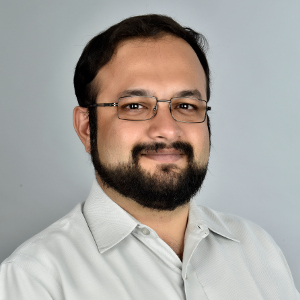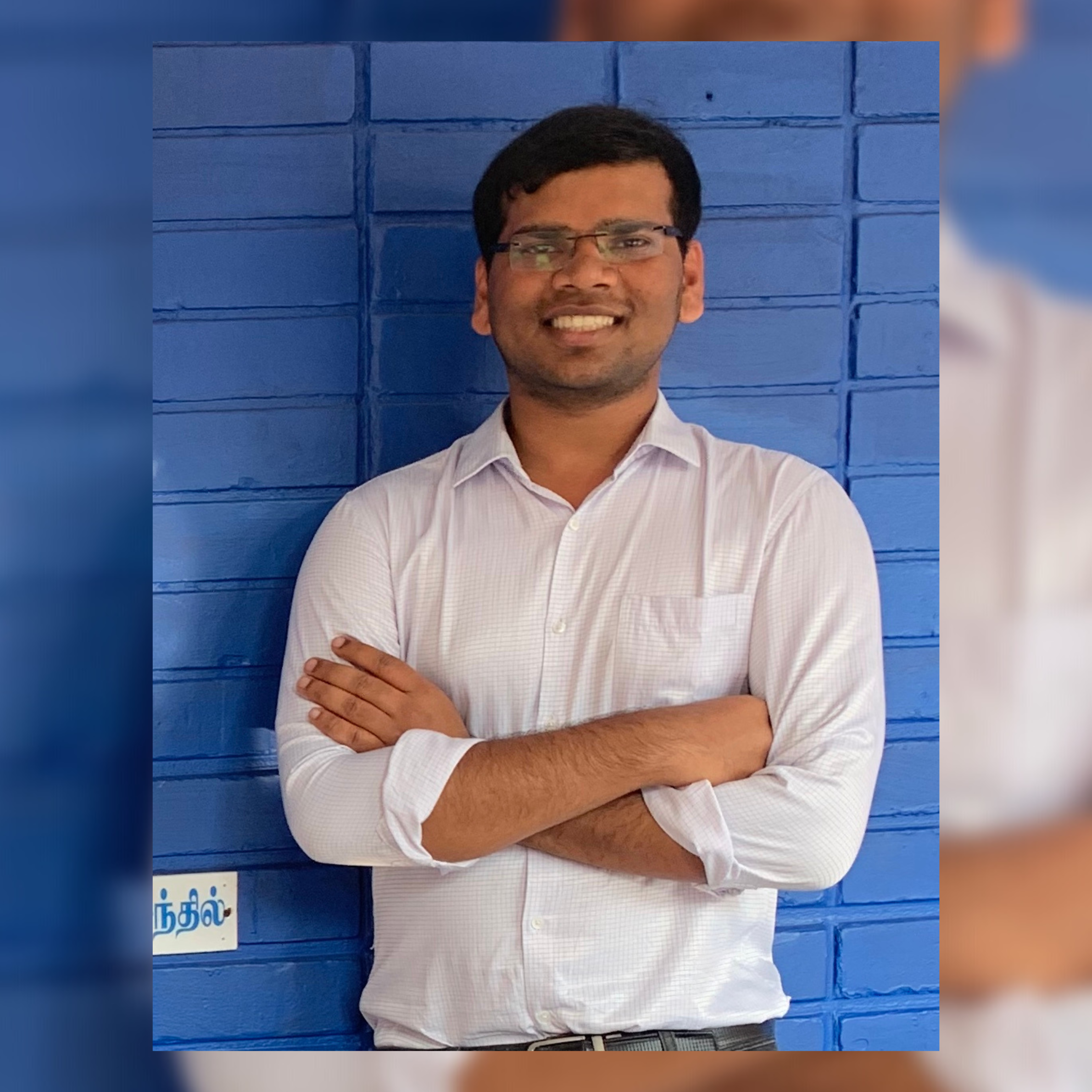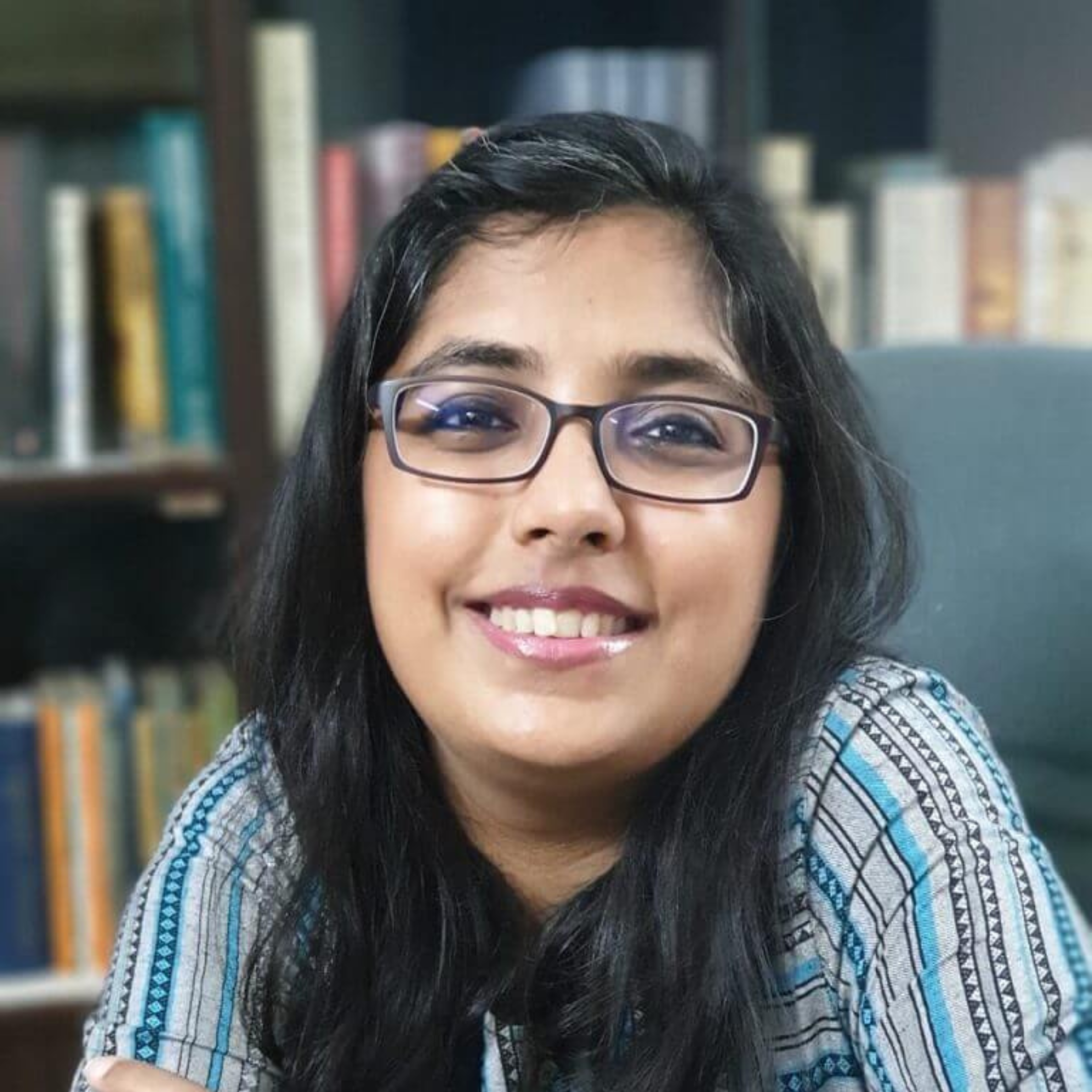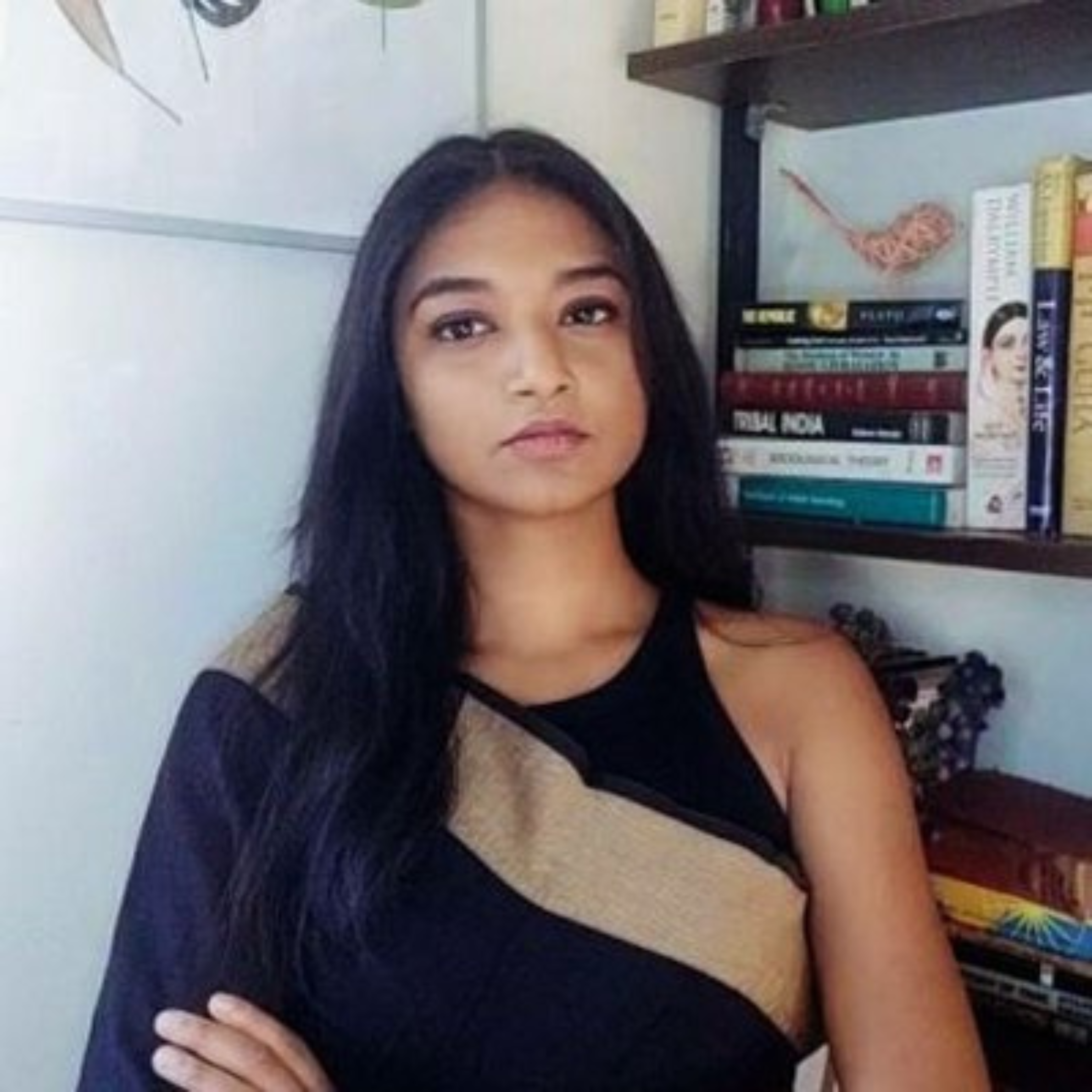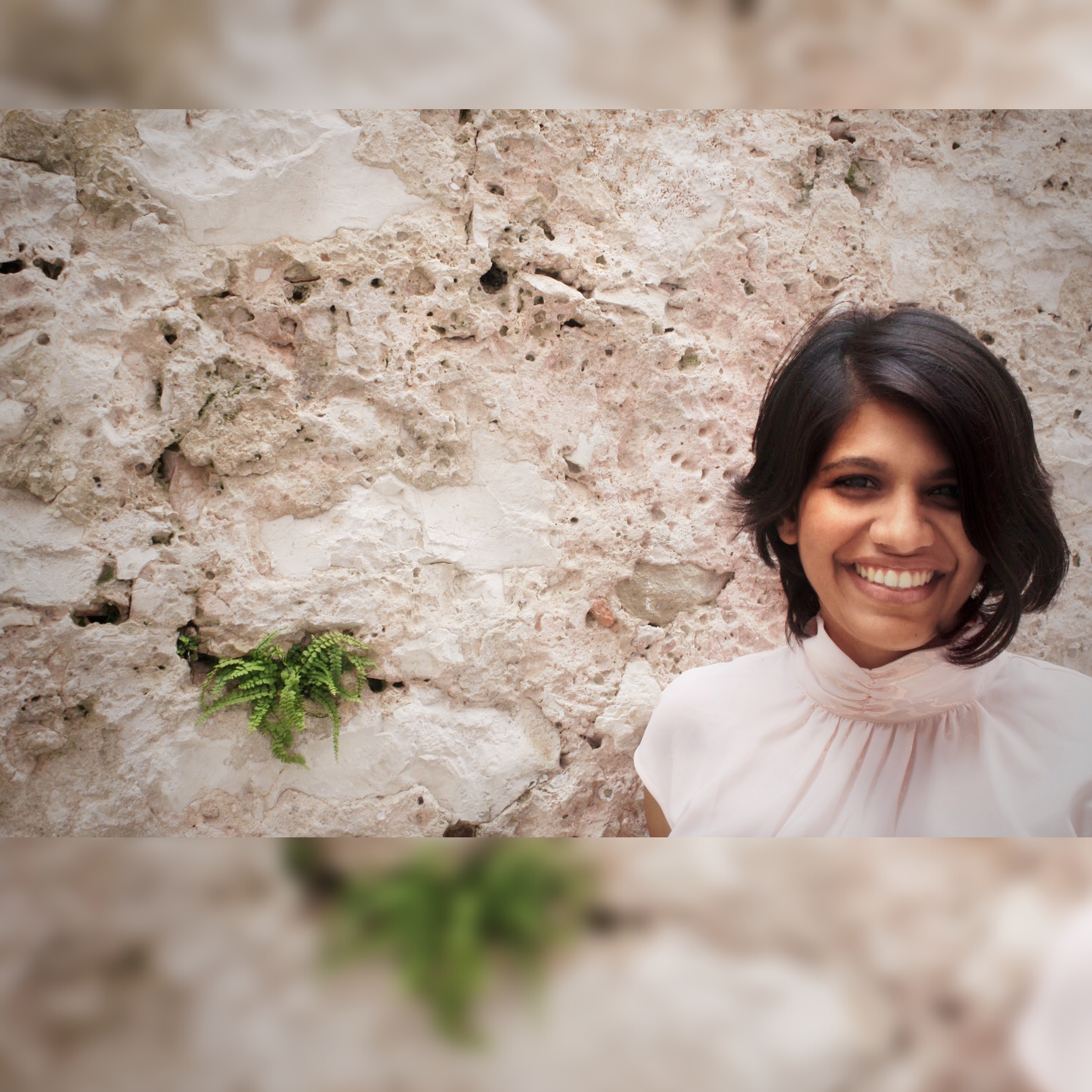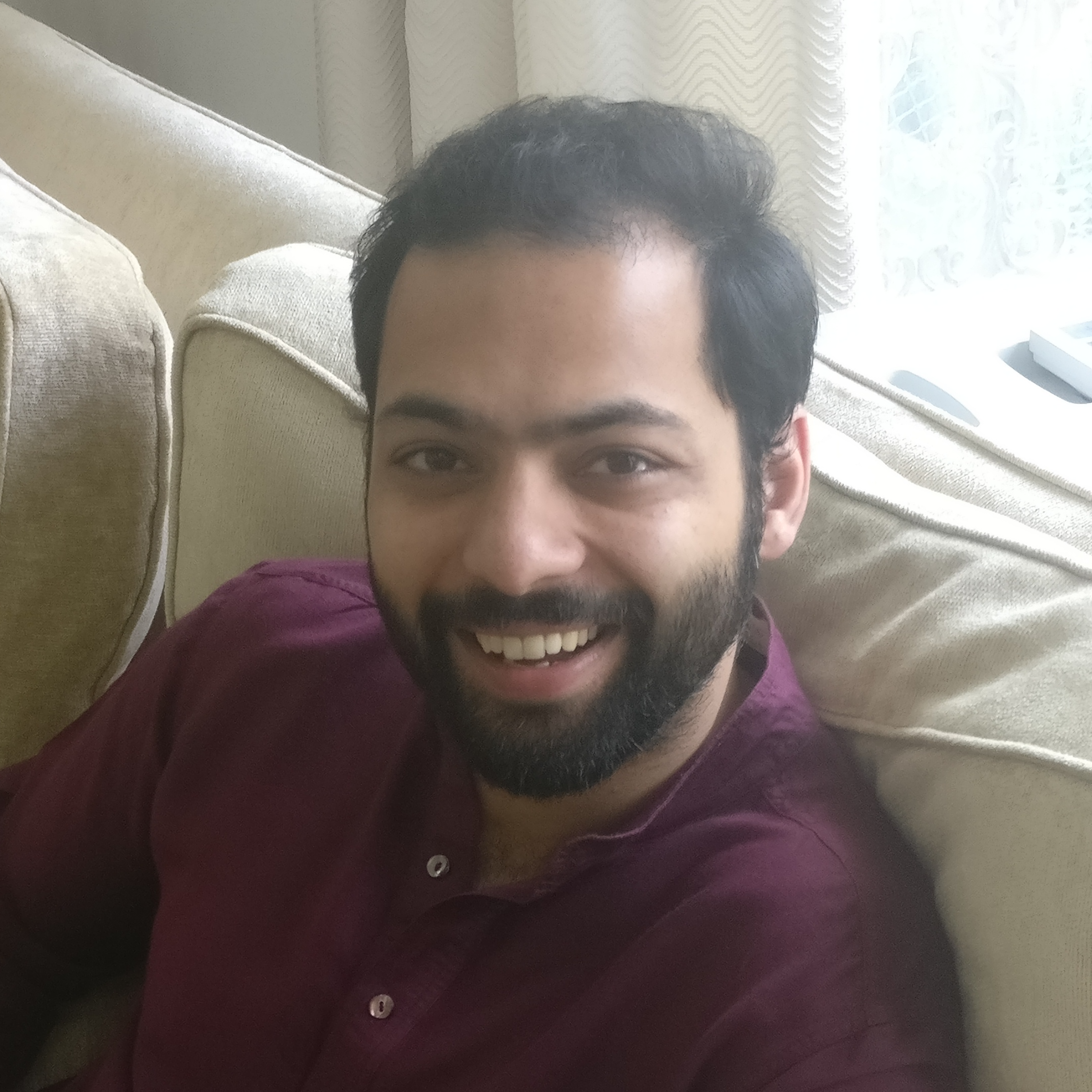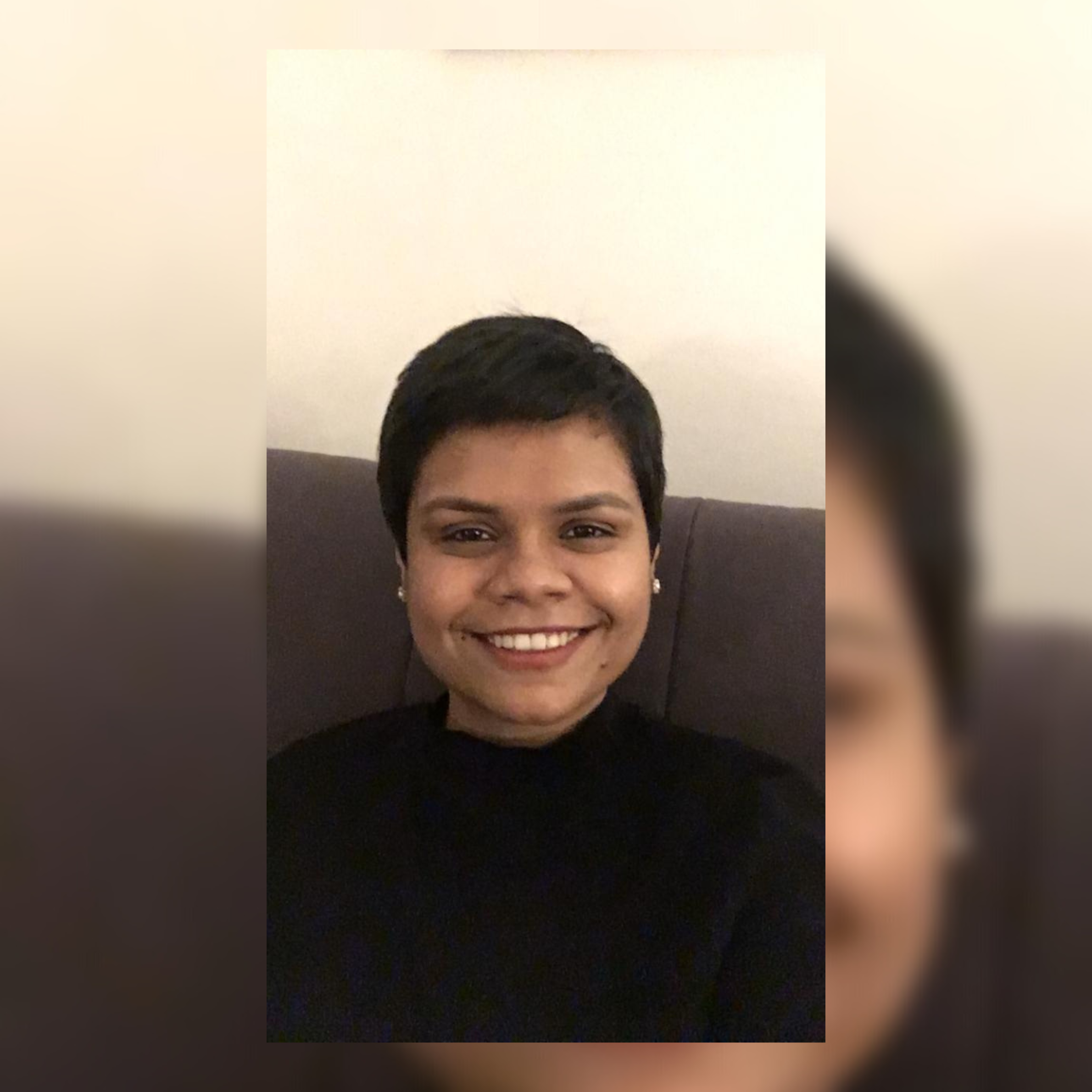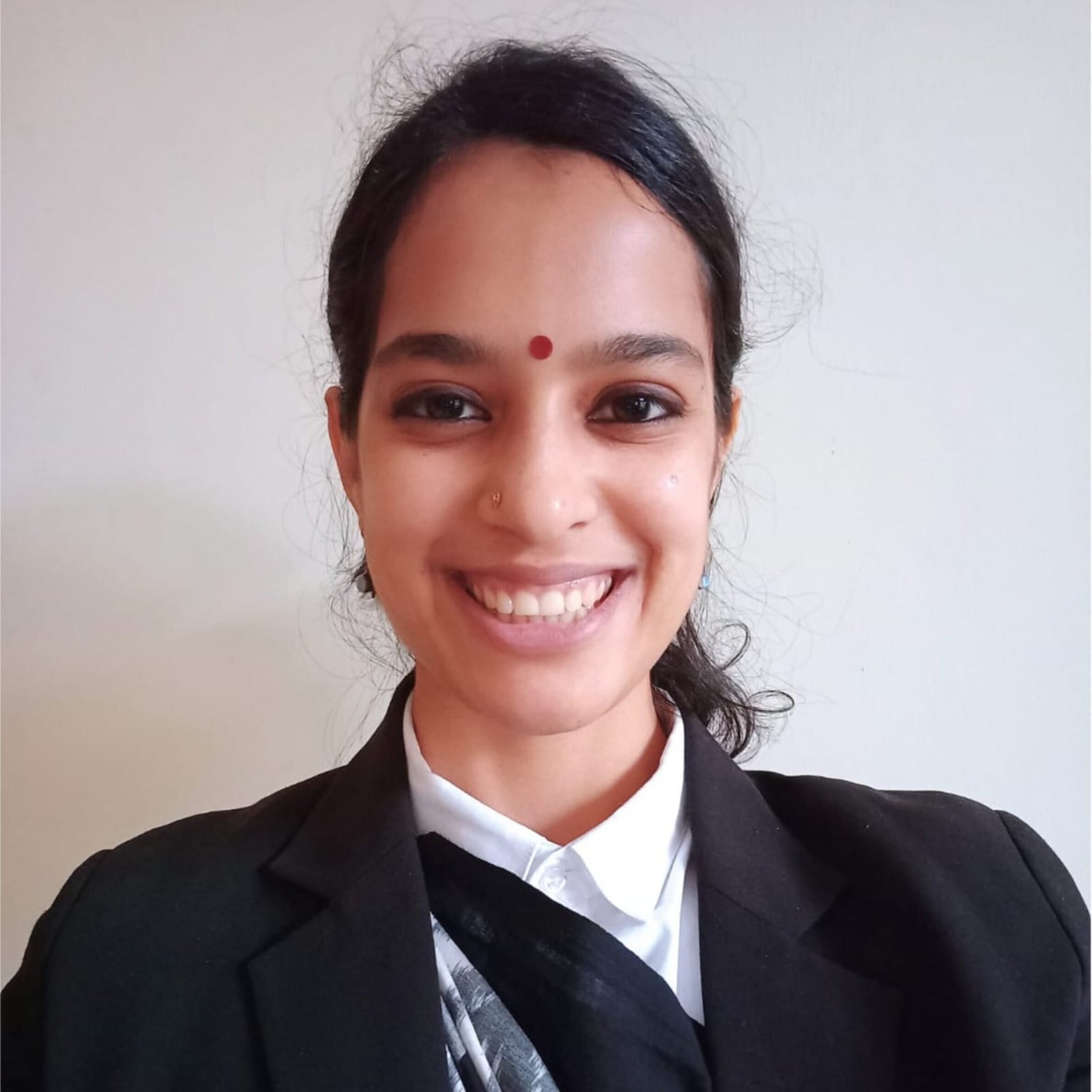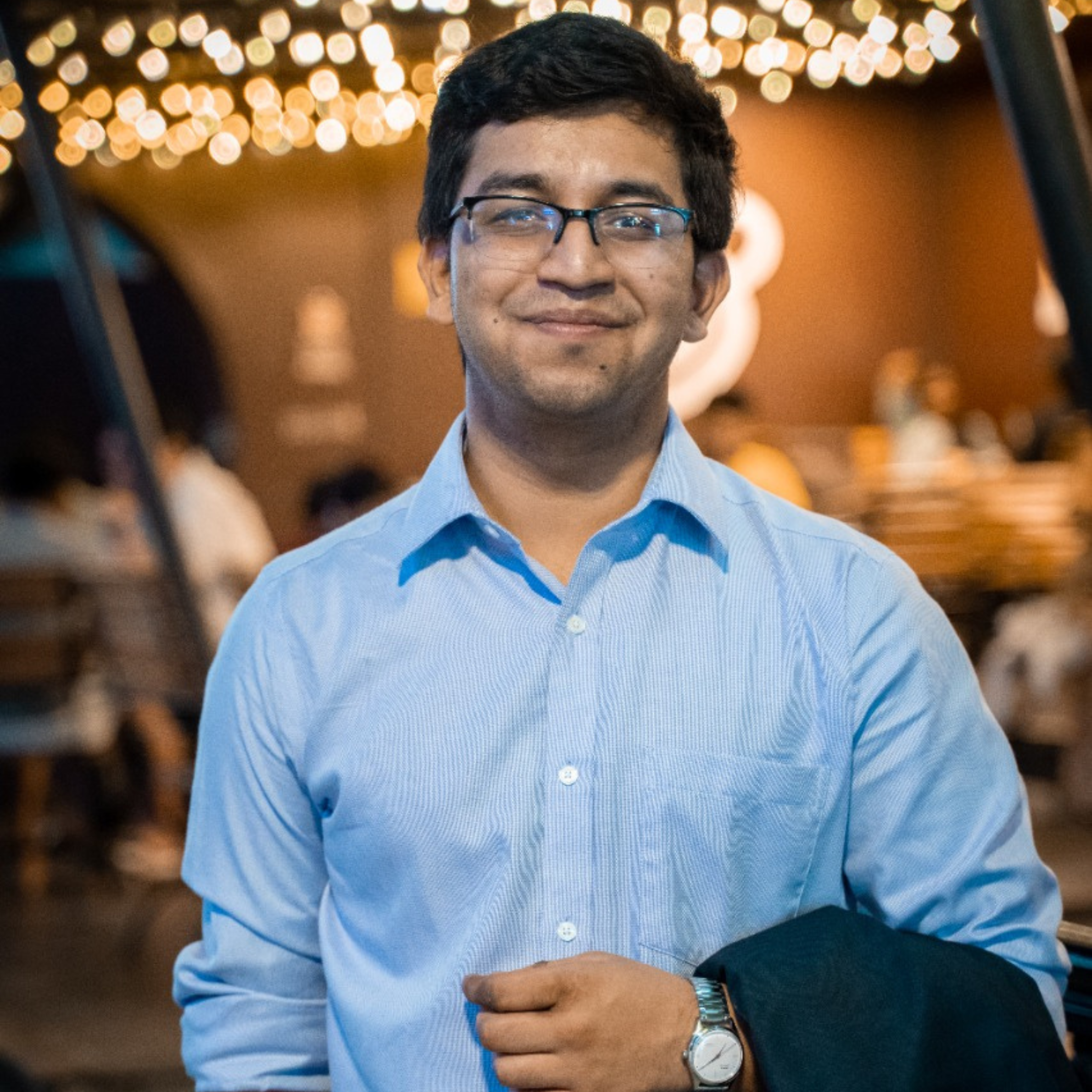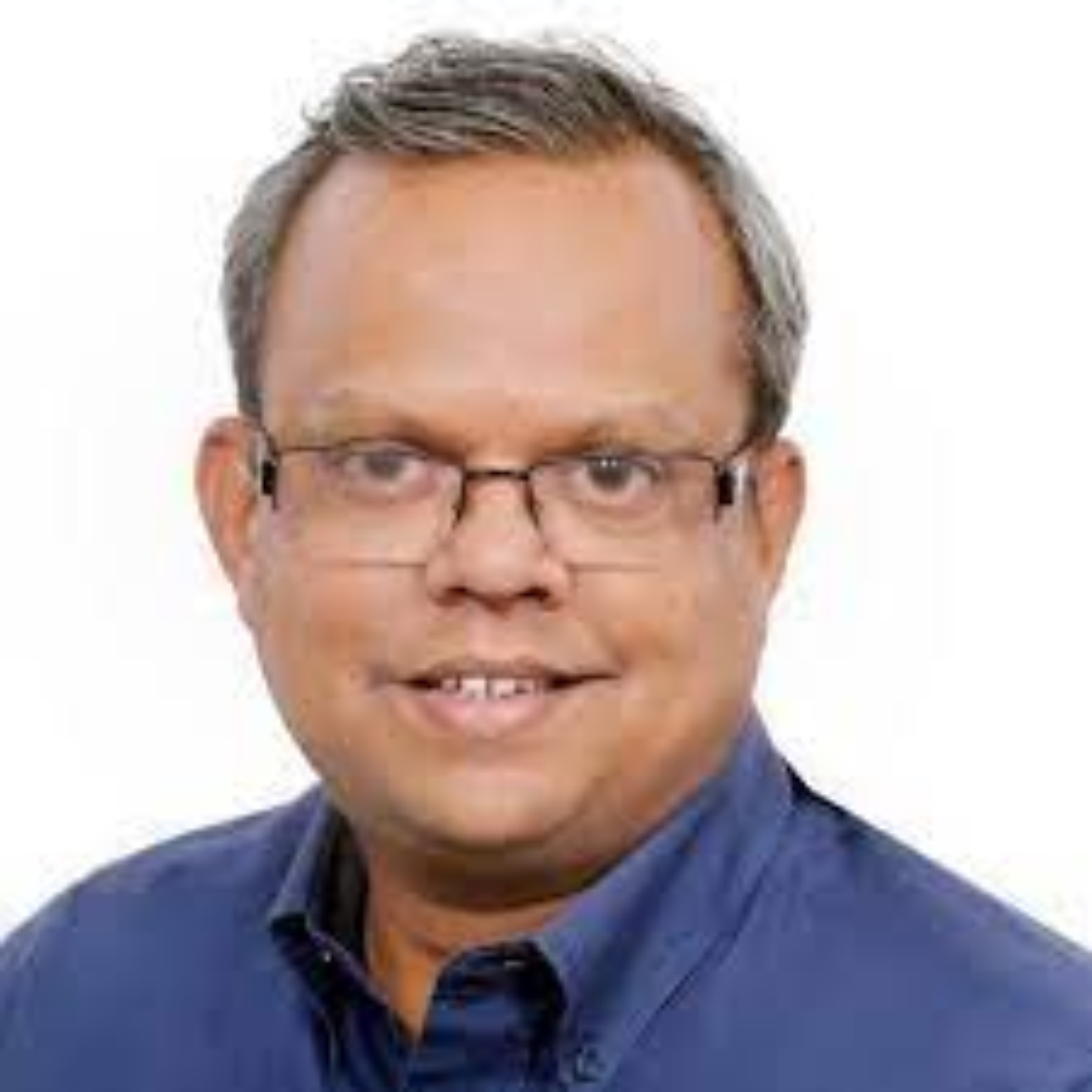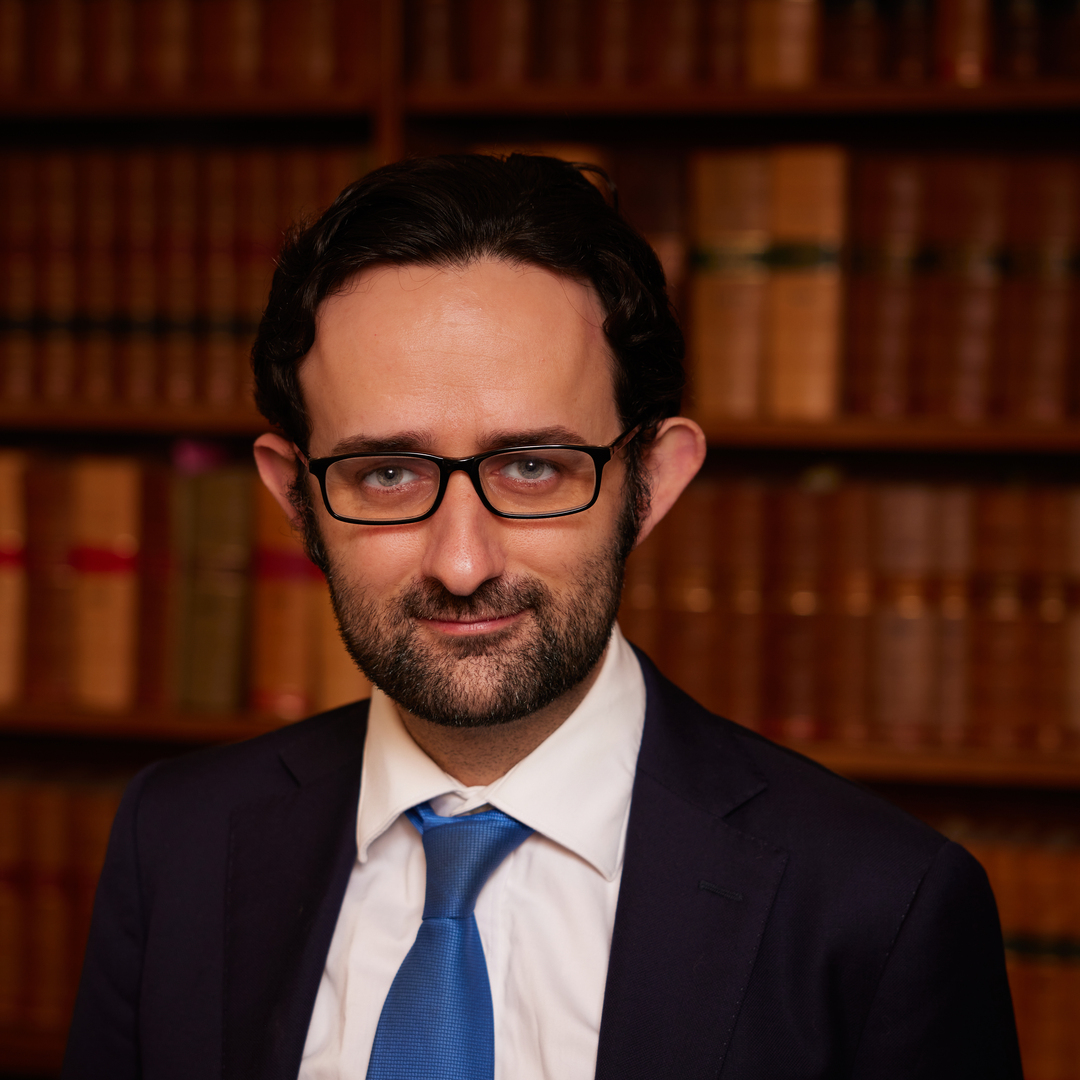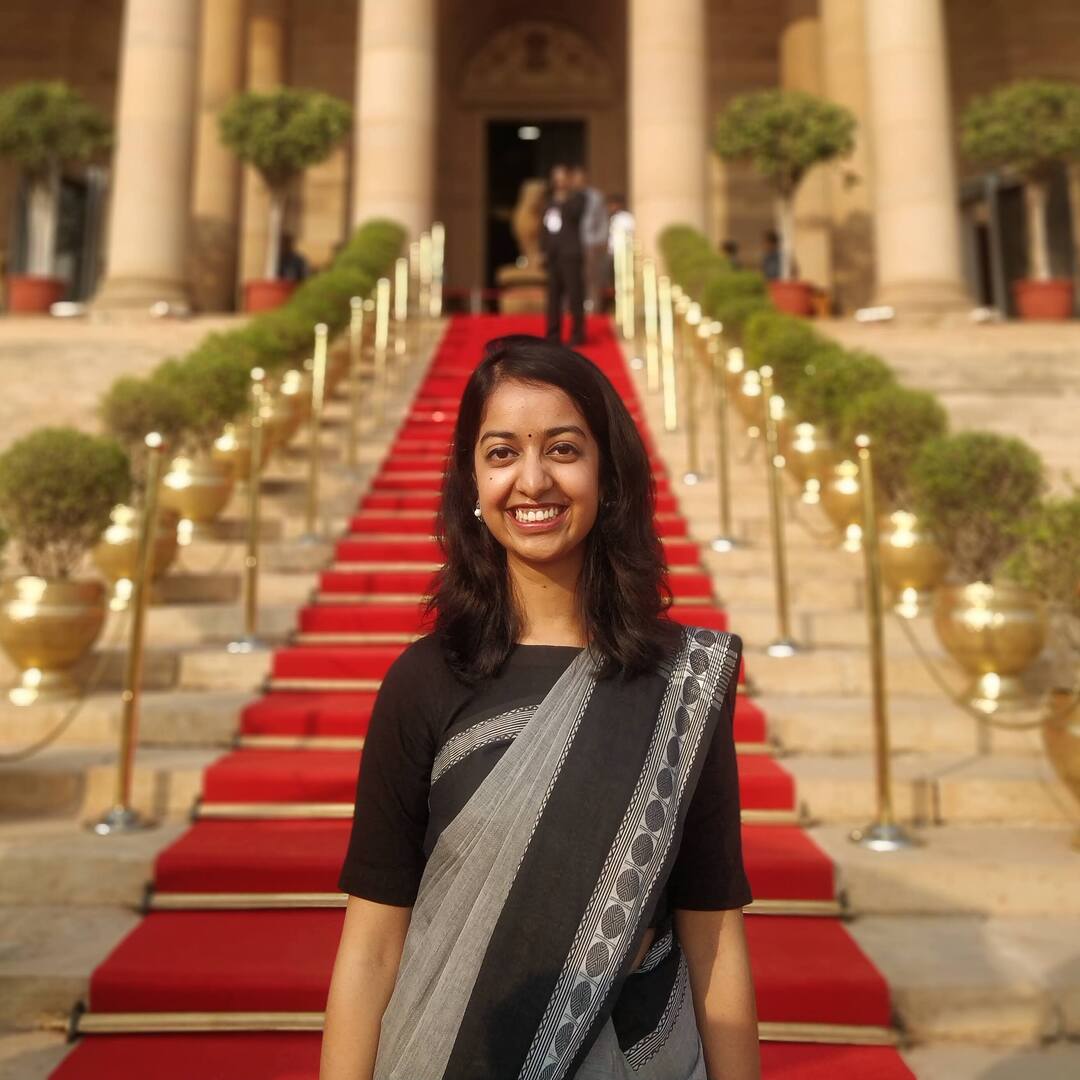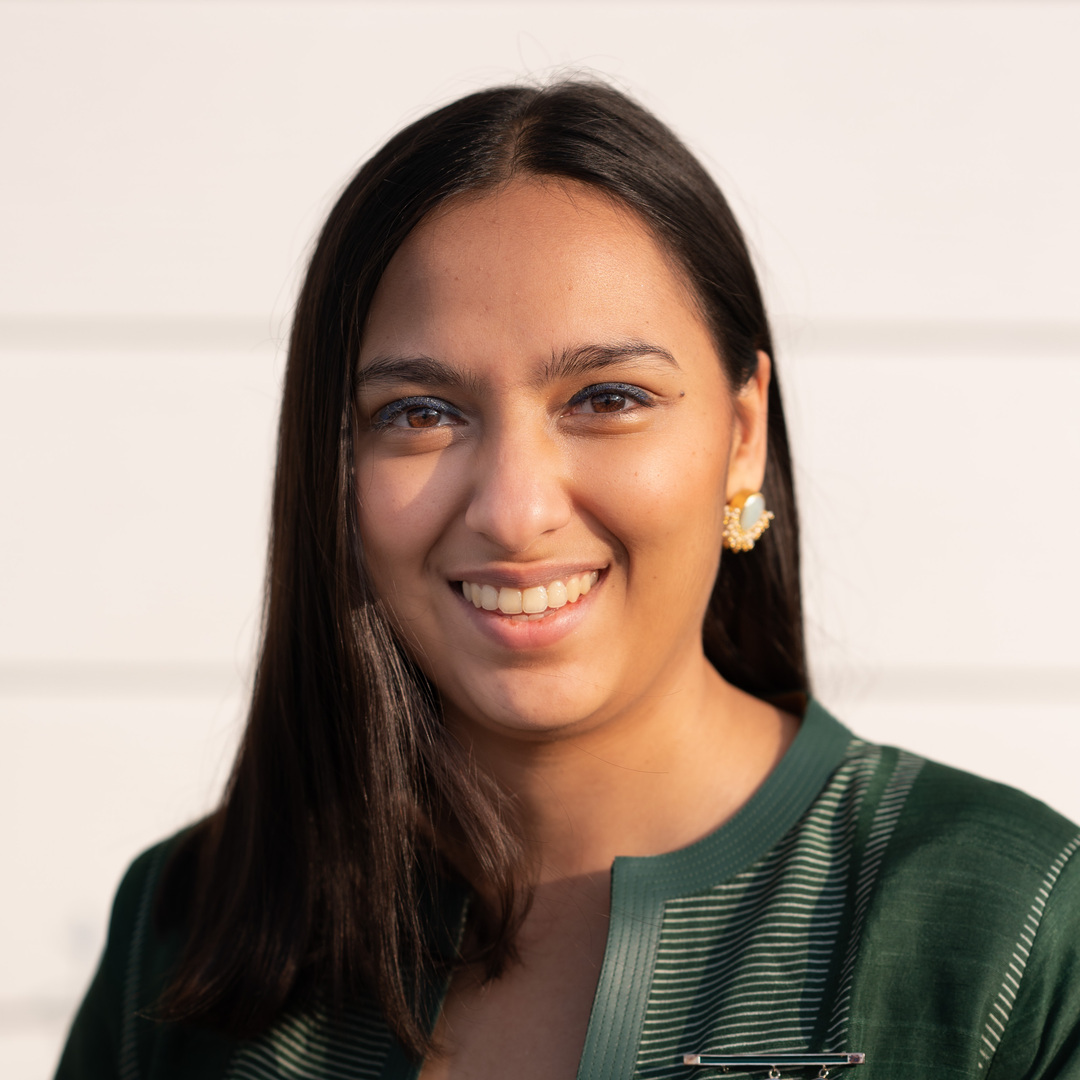Alok Prasanna Kumar
Alok Prasanna Kumar graduated with a B.A. LL.B. (Hons) from the NALSAR University in 2008 and obtained the BCL from the University of Oxford in 2009. He is the Co-Founder and Lead, Vidhi Karnataka. His areas of research include judicial reforms, Constitutional law, urban development, and law and technology. He writes a monthly column for the Economic and Political Weekly and has published in the Indian Journal of Constitutional Law and National Law School of India Review apart from media outlets such as The Hindu, Indian Express, Scroll, Quint and Caravan. He has practiced in the Supreme Court and Delhi High Court from the chambers of Mr Mohan Parasaran, and currently also co-hosts the Ganatantra podcast on IVM Podcasts.
Amal Sethi
Amal Sethi is a Senior Fellow at The University of Hamburg, where he researches and teaches on constitutional law and theory. His current research is funded by a multi-year grant from the German Federal Ministry of Education and Research under its Excellence Initiative. Amal is the Director of Technology of the International Society of Public Law (ICON•S) and its Deputy Secretary General (Elect) for the term starting in 2024. He has also been involved in consultancy roles with different governmental and inter-governmental agencies ranging from USAID and the US Department of Commerce to CEDAW, UNESCO, UNDP, UN Women, UNHCHR, and The SDG Fund. Amal holds an SJD and LLM from the University of Pennsylvania Law School.
Anurag Bhaskar
Anurag Bhaskar is an Assistant Professor at Jindal Global Law School, Sonipat. He is also an Affiliate Faculty at Harvard Law School Center on the Legal Profession, USA and Indian Institute of Dalit Studies, Delhi. Anurag pursued his LL.M. from Harvard Law School (2018-19) and B.A. LL.B. (2012-17) from RMLNLU, Lucknow. He has also clerked for Dr. Justice DY Chandrachud, Judge, Supreme Court of India, during 2017-18. Anurag is a recipient of the Bluestone Rising Scholar Award 2021 conferred by Brandeis University, USA, and the Indian Equality Law Fellowship at Melbourne Law School, Australia. He is one of the founders of CEDE, an organisation working towards increasing representation in the legal profession and the judiciary.
Aparna Chandra
Aparna is an Assistant Professor of Law and Research Director, Centre for Constitutional Law, Policy and Governance at the National Law University, Delhi. Aparna received her LL.M and JSD degrees from Yale Law School in 2007 and 2013, respectively. She was a Lillian Goldman Scholar at Yale Law School from 2010-2012. Her doctoral dissertation (under the supervision of Judith Resnik and guidance of Bruce Ackerman and Alec Stone Sweet) examined the role of international law in domestic constitutional adjudication, with a primary focus on the Indian Supreme Court.
-
Aparna is an Assistant Professor of Law and Research Director, Centre for Constitutional Law, Policy and Governance at the National Law University, Delhi. Aparna received her LL.M and JSD degrees from Yale Law School in 2007 and 2013, respectively. She was a Lillian Goldman Scholar at Yale Law School from 2010-2012. Her doctoral dissertation (under the supervision of Judith Resnik and guidance of Bruce Ackerman and Alec Stone Sweet) examined the role of international law in domestic constitutional adjudication, with a primary focus on the Indian Supreme Court.
- Aparna is an Assistant Professor of Law and Research Director, Centre for Constitutional Law, Policy and Governance at the National Law University, Delhi. Aparna received her LL.M and JSD degrees from Yale Law School in 2007 and 2013, respectively. She was a Lillian Goldman Scholar at Yale Law School from 2010-2012. Her doctoral dissertation (under the supervision of Judith Resnik and guidance of Bruce Ackerman and Alec Stone Sweet) examined the role of international law in domestic constitutional adjudication, with a primary focus on the Indian Supreme Court.Aparna is an Assistant Professor of Law and Research Director, Centre for Constitutional Law, Policy and Governance at the National Law University, Delhi. Aparna received her LL.M and JSD degrees from Yale Law School in 2007 and 2013, respectively. She was a Lillian Goldman Scholar at Yale Law School from 2010-2012. Her doctoral dissertation (under the supervision of Judith Resnik and guidance of Bruce Ackerman and Alec Stone Sweet) examined the role of international law in domestic constitutional adjudication, with a primary focus on the Indian Supreme Court.
Aradhya Sethia
Aradhya Sethia is a PhD Candidate, a Cambridge International Scholar, and an Executive Director of the Cambridge Pro Bono Project at the University of Cambridge. His current research deals with the role of political parties in modern constitutionalism. Aradhya has previously taught law at Cambridge, Edinburgh, and NLSIU. Before joining Cambridge, Aradhya was a Bonavero Institute Student Fellow at the British Institute of International and Comparative Law, and an MPhil candidate at the University of Oxford. As an Inlaks Scholar, he completed LL.M. at Yale Law School, where he served as a resident fellow at Yale Information Society Project and an articles editor of the Yale Journal of International Law. He completed his BA LLB from the National Law School of India University (NLSIU) as the Best Outgoing Student (2017).
Bhavisha Sharma
Bhavisha Sharma graduated from NALSAR in 2022. She will be moving to London in March 2023 for her Training Contract at Linklaters LLP. Currently, she is exploring working of the Indian legal system through internships. Bhavisha has been associated with LAOT since it was handed over to NALSAR Student Team in 2017. She served as the Editor-In-Chief of Law And Other Things and the NALSAR Student Law Review during 2021-22. She has been awarded the prestigious Temasek Scholarship (2019) and NTSE Scholarship (2015). She has written multiple pieces on constitutional and human rights.
Dayaar Singla
Dayaar Singla is a lawyer working in the area of technology policy. He graduated from NALSAR University of Law in 2021 with three gold medals including the medal for the Best All-Round Student. He served as the Editor-in-Chief of Law and Other Things 2020-21 and as an Editor of Vol. XI of Indian Journal of Intellectual Property Law. He was the only student invited to testify before the Special 301 Interagency Panel 2019 by the United States Trade Representative, Executive Office of the POTUS. He has written a series of posts on the Santa Clara Criminal Law & Policy Blog, SpicyIP and LAOT.
Disha Wadekar
Disha Wadekar is an independent advocate practicing in the Supreme Court of India. She has previously worked as an associate at the chambers of Sr. Adv. Indira Jaising on constitutional bench matters including the Sabarimala case and the Jarnail Singh (reservation in promotions) case. Wadekar has also headed a legal resource center set up under a project by London School of Economics. She has worked as a Consultant Advocate for the Death Penalty Project at National Law University, Delhi, and Centre for Women’s Development Studies, New Delhi.She is the co-founder and President of CEDE- an organisation working towards a diverse and inclusive legal profession and the judiciary. She regularly writes for various media platforms on the dynamics of law and marginalisation.
Gauri Pillai
Malavika Prasad
Malavika Prasad is an advocate and doctoral fellow at the Nalsar University of Law. She has worked on both sides of the Bar, clerking for Justice Ravindra Bhat when he served at the Delhi High Court, and as an advocate in the Supreme Court of India and other courts. She is part of the visiting faculty at the Indian Institute of Science, Bangalore where she teaches a module on Law and Science. She holds degrees from the Nalsar University of Law and the University of Michigan Law School as a Grotius Fellow.
Manisha Sethi
Manisha Sethi is a Sociologist by training. She has taught at JamiaMilliaIslamia, Delhi – from where she is currently on leave – since 2005, first at the Centre for Comparative Religions, and later at Centre for Jawaharlal Nehru Studies. She was a fellow at Nehru Memorial Museum and Library between 2013-15. Sethi also helps edit Biblio, India’s preeminent book review magazine.
Sethi’s research interests encompass a wide range: from gender, politics and religion, to law and counterterrorism. She is the author of Kafkaland: Law, Prejudice and Counterterrorism in India (Three Essays, 2014) and Escaping the World: Women Renouncers among Jains (Routledge, 2012). Sethi is finishing a monograph on law and the evolution of modern Jain identity.
Mohsin Alam Bhat
Mohsin Alam Bhat teaches at Jindal Global Law School and heads its Centre for Public Interest Law. He studied law at NALSAR University of Law, Hyderabad, before completing his LL.M. and J.S.D. from Yale Law School. His academic work focuses on discrimination, exclusion, and the politics of religious and caste minorities in India. He is interested in combining multiple methodologies, particularly ethnographic methods, in the study of law. In 2016, he was awarded the Gruber Fellowship in Global Justice and Women’s Rights (Yale) and started an ongoing empirical research on urban rental housing discrimination in India. He is also the co-founder of Parichay, a collaborative effort between law schools in India to provide legal aid to those filing appeals against their exclusion from the National Register of Citizens (NRC) in Assam.
Nick Robinson
Nick is a Lecturer in Political Science at Yale University and a Schell Visiting Human Rights Fellow at Yale Law School. He has extensively studied and researched various aspects of legal profession and judicial administration in India. After graduating from Yale Law School in 2006, he spent seven years in South Asia, clerking for Chief Justice Sabharwal of the Indian Supreme Court, and working at Human Rights Law Network (HRLN) in New Delhi on rights litigation involving water and health. He has also taught law at National Law School-Bangalore, Lahore University Management Sciences, and Jindal Global Law School.
Nikita Sonavane
Nikita Sonavane has worked as a legal researcher and an advocate for five years. She is the co-founder of the Criminal Justice and Police Accountability Project (CPAProject) a Bhopal based litigation and research intervention focused on building accountability against criminalisation of marginalised communities by the Police and the criminal justice system. Her writings have been intersection of policing, caste and digitisation of the criminal justice in India. Nikita has previously worked on issues of local governance, forest rights, and gender in the Adivasi region of Dang in Gujarat. She graduated with a B.A. (Political Science) degree from St. Xavier’s College, Mumbai and an LL.B. degree from Government Law College, Mumbai. Nikita holds an LL.M in Law and Development degree from Azim Premji University (APU), Bangalore. Her writings have been published by the AI Now Institute at NYU, Indian Express, the Hindu, Caravan among others.
Pranav Verma
Rupali Francesca Samuel
Rupali Francesca Samuel is a human rights and constitutional law scholar and practitioner. She is a graduate of Nalsar University of Law, Hyderabad and is enrolled as an advocate at the Delhi Bar. She clerked with Hon’ble Mr. Justice Dr. S Muralidhar at the Delhi High Court and thereafter practiced before the Supreme Court, Delhi High Court and trial courts in Delhi. In 2019, she attended Harvard Law School as a Fulbright-Nehru Fellow 2019-2020 where she received two Dean’s Scholar medals for outstanding scholarship and was awarded a Master’s in Law (LL.M) in 2020. She was thereafter awarded the prestigious Harvard Law School Henigson Human Rights Fellowship 2020 – 2021. Since July 2020, Rupali has been working at Parichay in the capacity of the head of the Litigation and Research team.
Shrutanjaya Bhardwaj
Shrutanjaya Bhardwaj is a practising advocate at the Supreme Court of India. He graduated from NLU Delhi (B.A. LL.B., 2017) and the University of Michigan Law School (LL.M., 2019). He runs a YouTube channel, LawVaarta, which aims to simplify the law for the masses, and teaches, researches and writes on issues of constitutional law, judicial process and statutory interpretation.
Siddharth Raja
A seasoned corporate lawyer, Siddharth is in his 25th year of practice, and focuses on private equity and venture capital transactions; and on cross-border and domestic mergers and acquisitions. He has been highly ranked for several years, including by Chambers & Partners – lauded for his “global business perspective”, “attention to detail” and “excellent technical knowledge”. A Gold Medallist from NLSIU, Siddharth was a British Council & Foreign and Commonwealth Office Chevening, and J. N. Tata, Scholar at the University of Warwick Law School. He’s a Senior Partner at VERTICES PARTNERS, a pan-India corporate and commercial law Firm. He is also a visiting faculty at NLS, Bangalore.
Vikram Raghavan
Vikram Raghavan holds degrees from NLSIU, Bangalore (1997) and New York University (1998). He has worked as an attorney at O’Melveny & Myers, an international law firm and is currently a Lead Counsel at the World Bank. His areas of interest include constitutional law and international law. He has published widely and most recently edited a book titled ‘Supreme Court of India: The Beginnings’ by George H. Gadbois Jr.
Vishal Rakhecha
Vishal Rakhecha is a lawyer working in the field of technology law. He graduated from NALSAR University of Law in 2021. He has served in various capacities at Law and Other Things since 2018, including as the Editor-in-Chief in 2020-2021. He was also a Public Resource Fellow with public.resource.org. He has written for Indian Law Review, the Oxford Journal of Intellectual Property Law and Practice, The Ken, and The Hindu.
Venkat Venkatesan
Venkatesan is a journalist with a long experience of writing and commenting on political and legal matters. His book ‘Constitutional Conundrums: Challenges to India’s Democratic Process’ has been published by LexisNexis in 2014. The book, mostly written before the 2014 general elections, has an Afterword written after the declaration of results. He serves as a Senior Editor with the magazine ‘Frontline’.
Surbhi Karwa
Surbhi Karwa is a Teaching Fellow and a PhD candidate at UNSW, Sydney. She has completed her BCL (Distinction) from the University of Oxford. Her works have been published in the International Journal of Constitutional Law, Indian Law Review, etc. She has also written widely for South Asian media publications like the Indian Express, the Hindustan Times, the Daily Star (Dhaka), etc. She was a Bonavero Institute Human Rights Fellow at SERI, South Africa. She is currently working as an Assistant Editor at the Indian Law Review.
Douglas McDonald-Norman
Douglas McDonald-Norman is a PhD candidate at the University of New South Wales.
Gayatri Gupta
Gayatri Gupta graduated from NALSAR University of Law in 2022. Since then, she has worked on both sides of the bar, clerking for Dr. Justice DY Chandrachud at the Supreme Court of India and as an advocate practicing before the Supreme Court, Delhi High Court, and tribunals in Delhi. Gayatri has been associated with LAOT since it was handed over to the NALSAR Student Team in 2017 and served as the Editor-in-Chief of LAOT from 2021 to 2022.
Nitika Khaitan
Nitika Khaitan is a criminal defense lawyer, and Joint Fellow-in-Residence at the Edmond & Lily Safra Center on Ethics and Carr Center for Human Rights Policy at Harvard University. She has published widely on political prisoners and repressive laws, and led numerous fact-finding investigations into police brutality and custodial deaths with leading civil liberties coalitions. She has authored several policy reports on gender and sexuality rights and led national advocacy campaigns, including on sexual harassment within the judiciary and laws discriminating against queer persons. She was recognized in Forbes’ 30 Under 30 Asia list in 2023. Her work has appeared in Economic and Political Weekly, The Caravan, and The Indian Express among others. She has been featured by international publications including The New York Times, Financial Times and Al Jazeera. She holds a B.A. in Humanities magna cum laude from Yale University (2016), an LL.B. from the University of Delhi (2019), and an LL.M. from Harvard Law School (2023).
Past Editors
Chinmayi Arun
Chinmayi Arun is a resident fellow of the Information Society Project at Yale Law School. She has served on the faculties of NUJS and National Law University Delhi from 2010 onwards, and was the founder Director of the Centre for Communication Governance at NLU Delhi. She was a Fellow of the Berkman Klein Center of Internet & Society at Harvard University from 2017-2019 and a faculty associate of the Center prior to that. Chinmayi has law degrees from NALSAR (2006), the LSE (2009) and Yale (2020). Her research tends to focus on freedom of expression, hate speech, privacy and artificial intelligence.
Vasujith Ram
Vausjith is currently an LL.M. Candidate at Harvard Law School and is serving as a Research Assistant to Professor Stephen E. Shay. He has published widely and most recently co-edited a book titled ‘Supreme Court of India: The Beginnings’ by George H. Gadbois Jr. Notalby he has also co-athored a book with legal luminary Marc Galanter on the theme of suo-moto exercise of jurisdiction by Indian courts.
Arun Thiruvengadam
Arun Thiruvengadam holds degrees in law from the National Law School, Bangalore and the New York University School of Law. Between 1995-97, he served as a Law-clerk-cum-research-assistant to the Chief Justice of India, Justice A.M. Ahmadi. He has published widely and most recently authored a book titled ‘The Constitution of India: A Contextual Analysis’ (2018).
Anup Surendranath
Anup teaches Constitutional Law at NLU Delhi and is also Director of the Centre on the Death Penalty, which currently comprises the Death Penalty Litigation Clinic and the Death Penalty Research Project. He was invited by Chief Justice RM Lodha (as he then was) in May 2014 to serve as the Deputy Registrar (Research) in the Supreme Court and was on deputation to the Supreme Court until August 2015. The only other instance of an academic being invited to the Supreme Court for a similar assignment was almost 30 years ago, in the late 80s, under Chief Justice PN Bhagwati. He holds B.A.,LL.B. (Hons.) from NALSAR and has to his credit BCL, M.Phil and D.Phil from the University of Oxford.

